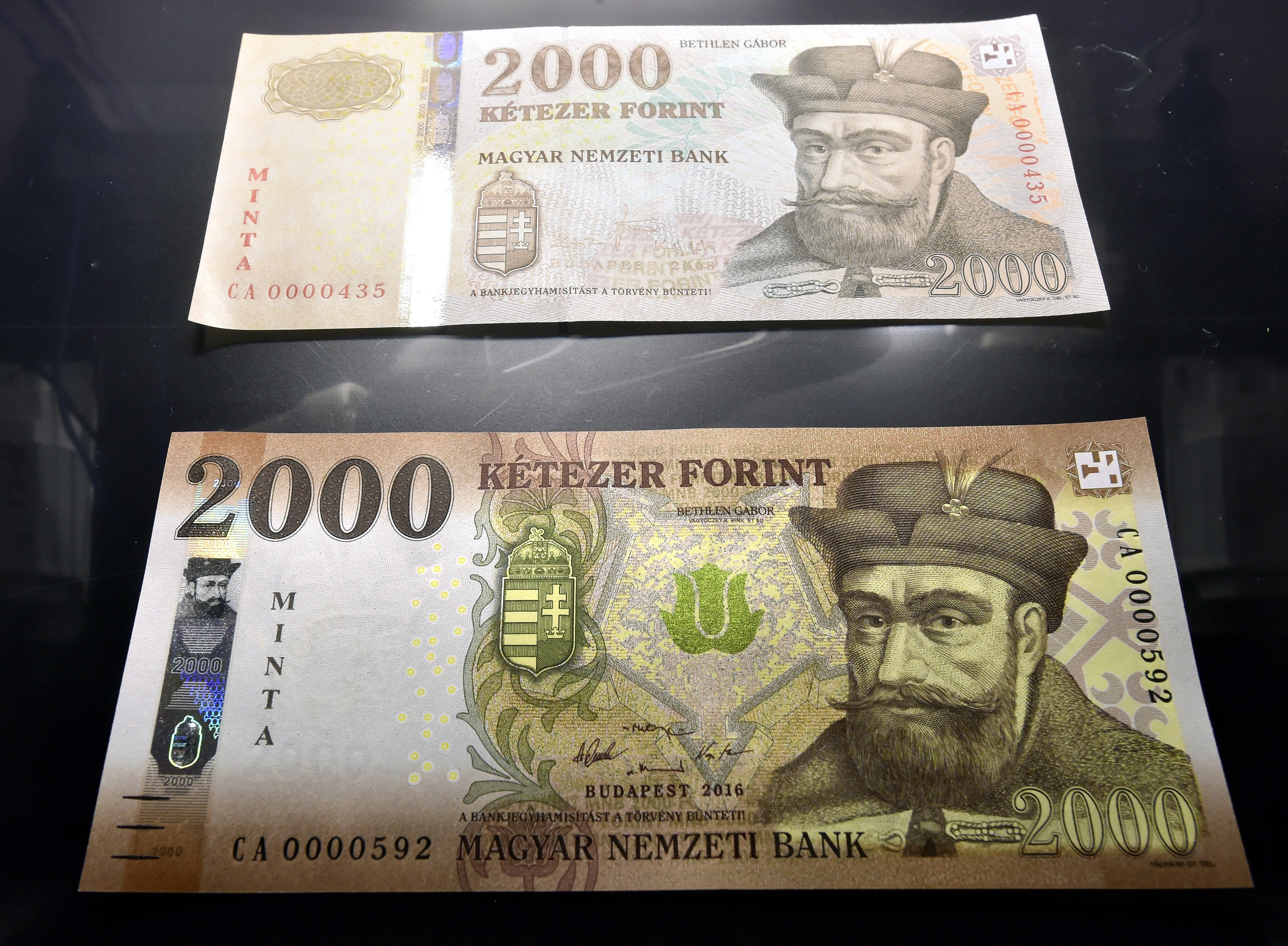Russia's Economy Under Putin: A Focus On War

Table of Contents
The Impact of Sanctions on Russia's Economy
The international community's response to the invasion of Ukraine has involved unprecedented sanctions targeting Russia's economy. These sanctions have had a multifaceted impact, affecting various sectors and leading to significant economic challenges.
Financial Sanctions and Capital Flight
The freezing of a substantial portion of Russia's central bank reserves and the exclusion of major Russian banks from the SWIFT international payment system represent a crucial aspect of the sanctions regime. This has severely hampered Russia's ability to access international financial markets.
-
Immediate Effects: The sanctions led to a significant devaluation of the ruble, initially causing a dramatic fall in its value against major currencies. This devaluation fueled inflation and eroded purchasing power for Russian citizens. Estimates suggest the sanctions caused a multi-billion dollar drop in Russia's GDP within the first few months.
-
Capital Flight: Wealthy Russians and businesses moved assets out of the country, leading to substantial capital flight. This further weakened the ruble and reduced the availability of capital for investment and economic growth.
-
Alternative Financial Mechanisms: Russia has sought to mitigate the impact of sanctions by developing alternative financial mechanisms, including increasing reliance on its own payment systems and strengthening ties with countries less willing to enforce sanctions. This has proven to be a partial, but not complete solution, highlighting the continuing vulnerabilities within the Russian financial system.
Trade Restrictions and Supply Chain Disruptions
Import and export bans on various Russian goods have created significant disruptions to the Russian economy.
-
Energy Sector Impact: Restrictions on Russian energy exports, particularly oil and gas, have been a major focus of sanctions. While Russia initially benefited from elevated energy prices in the early stages of the war, the long-term impact remains to be seen as global demand shifts and alternative energy sources are developed.
-
Supply Chain Disruptions: Sanctions have disrupted global supply chains, impacting industries worldwide dependent on Russian raw materials or components. This has created additional economic challenges beyond Russia's borders.
-
New Trade Partnerships: In response to sanctions, Russia has sought to forge new trade partnerships, primarily with countries in Asia, Africa, and Latin America. The long-term viability and economic impact of these partnerships are still uncertain, however.
Internal Economic Adjustments and Resilience
Despite the severe challenges posed by sanctions, the Russian government has implemented various measures to mitigate the impact and foster a degree of economic resilience.
Government Response and Economic Policies
The Russian government's response has included a range of economic policies designed to support the economy and stabilize the ruble.
-
Import Substitution: A significant focus has been placed on import substitution, aiming to reduce reliance on imported goods and boost domestic production. This involves investment in domestic industries and the development of alternative supply chains.
-
Monetary and Fiscal Policy: The Central Bank of Russia implemented measures, such as raising interest rates, to control inflation and stabilize the ruble. The government has also increased its spending on various programs intended to buffer the effects of sanctions. The effectiveness of these policies remains a subject of ongoing debate.
Shifting Economic Priorities and Resource Allocation
The war has dramatically shifted Russia's economic priorities and resource allocation.
-
Military Production: A significant portion of resources has been diverted to military production, impacting investment in other sectors such as infrastructure, technology, and social programs.
-
Government Spending: Government spending priorities have shifted, with increased investment in defense and related industries at the cost of other essential areas.
-
Impact on Standard of Living: The economic consequences of the war and the sanctions have already negatively affected the standard of living for many Russians, leading to increased poverty and inequality. This creates social and political risks for the Putin regime.
The Long-Term Outlook for Russia's Economy Under Putin
Predicting the long-term outlook for Russia's economy is challenging, given the ongoing war and the uncertain trajectory of international relations.
Potential for Economic Recovery and Growth
Russia possesses significant natural resources and could potentially recover and achieve some level of growth. However, this relies on several factors.
-
Commodity Prices: Fluctuations in global commodity prices, particularly for oil and gas, will significantly impact Russia's economic performance. High prices offer a temporary cushion, while low prices expose deeper vulnerabilities.
-
Technological Advancement: Investment in technological advancement and economic diversification are crucial for long-term sustainable growth. The success of this hinges on overcoming the limitations imposed by sanctions and isolation.
-
New Trade Blocs: Integration into new global trade blocs could offer opportunities for Russia, yet it also carries potential risks.
Risks and Uncertainties
The war in Ukraine continues to pose substantial risks to Russia's economy.
-
Further Sanctions: The possibility of further sanctions and tightening of existing restrictions remains high, posing a serious threat to Russia's economic stability.
-
Prolonged Stagnation: The war could lead to prolonged economic stagnation, hindering investment, growth, and development for many years to come.
-
Social and Political Instability: The economic consequences of the war and sanctions have created potential for social unrest and political instability within Russia.
Conclusion
The war in Ukraine has profoundly altered Russia's economy under Putin's leadership. While the immediate impact has been severe, with sanctions leading to significant economic challenges, Russia has demonstrated a degree of resilience through internal adjustments and the pursuit of new economic partnerships. However, the long-term outlook remains uncertain, clouded by the ongoing conflict and potential for further international isolation. Understanding the intricacies of Russia's economy under Putin, particularly in the context of the war, is crucial for comprehending geopolitical dynamics and forecasting future global economic trends. Further research into Russia's economic policies and their effectiveness in mitigating the effects of sanctions on Russia’s economy is essential. Continue exploring the complexities of Russia's Economy Under Putin for a comprehensive understanding of the situation.

Featured Posts
-
 Limited Edition Morgan Wallen And Post Malone Hello Kitty Plush Toys
May 29, 2025
Limited Edition Morgan Wallen And Post Malone Hello Kitty Plush Toys
May 29, 2025 -
 100 Forintos Bankjegyek Ritka Penzermek Es Ertekuek
May 29, 2025
100 Forintos Bankjegyek Ritka Penzermek Es Ertekuek
May 29, 2025 -
 Jest Decyzja Ws Dywidendy Pcc Rokita Co To Oznacza Dla Inwestorow
May 29, 2025
Jest Decyzja Ws Dywidendy Pcc Rokita Co To Oznacza Dla Inwestorow
May 29, 2025 -
 Hello Kitty Plushies Featuring Morgan Wallen And Post Malone Where To Buy
May 29, 2025
Hello Kitty Plushies Featuring Morgan Wallen And Post Malone Where To Buy
May 29, 2025 -
 Confirmed Actors Cast As Harry Hermione And Ron In New Harry Potter Series
May 29, 2025
Confirmed Actors Cast As Harry Hermione And Ron In New Harry Potter Series
May 29, 2025
